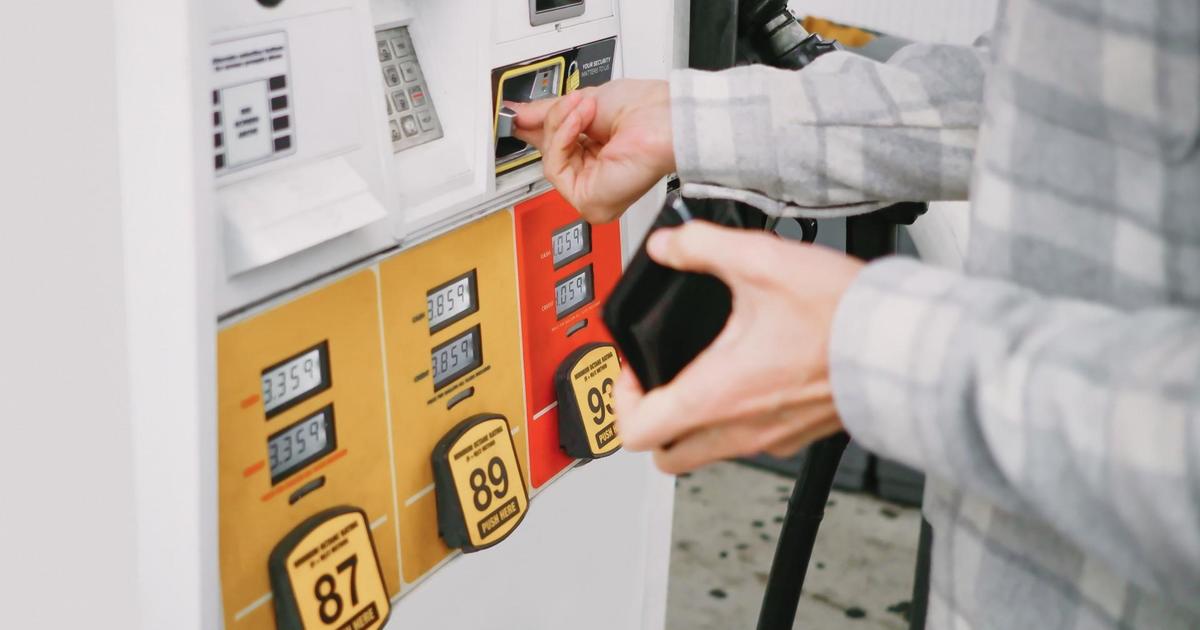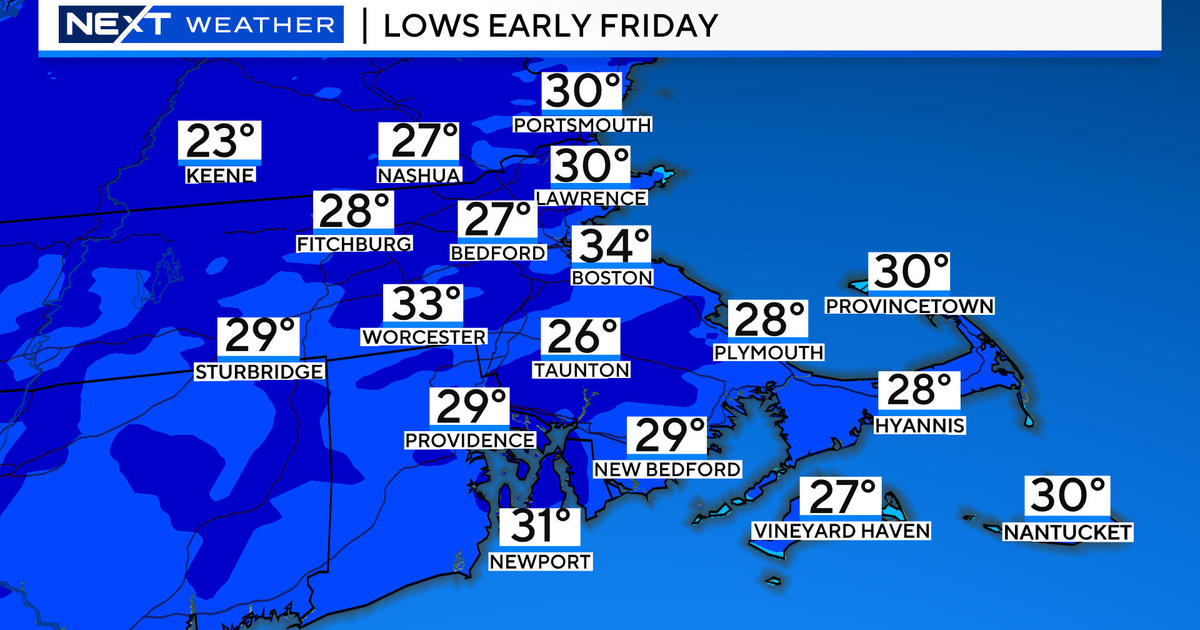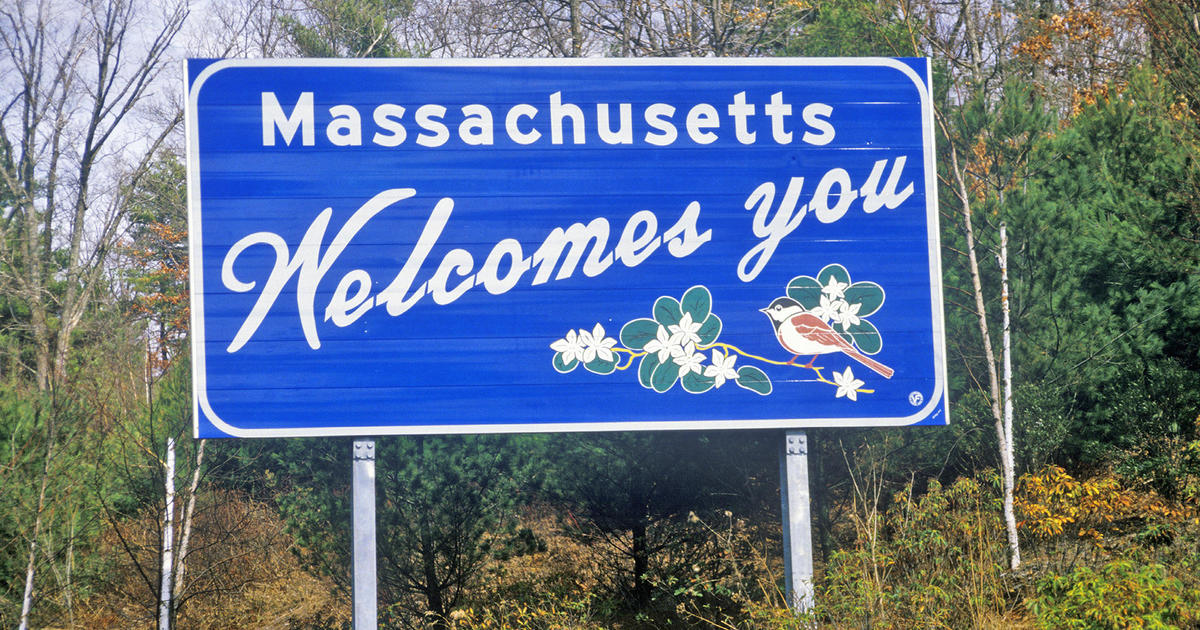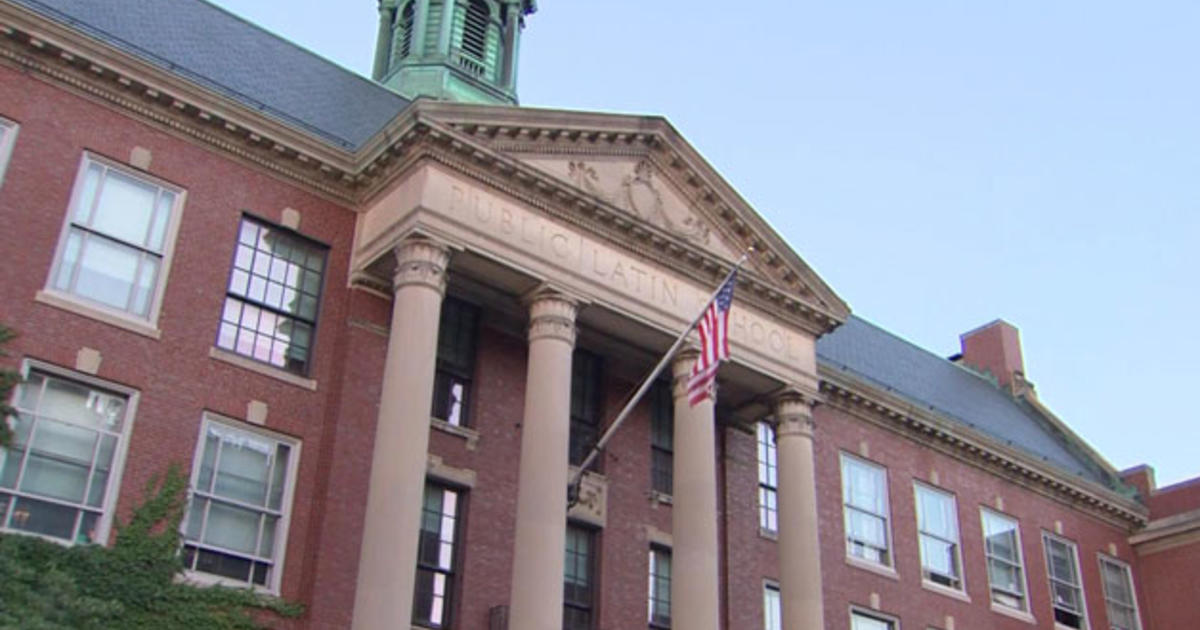Mass. Traffic Is Back To Pre-Pandemic Levels, But At Different Times And Routes
STATE HOUSE, BOSTON, JULY 27, 2021 (State House News Service) -- While the overall volume of cars on Massachusetts roadways has rebounded to the pre-pandemic crush, travel patterns remain altered and the state's top highway official does not expect a new normal to become clear until the end of the year.
Highway Administrator Jonathan Gulliver, who last month said traffic is "back to about 2019 levels," on Monday told the Department of Transportation's board that officials have observed an increase in trips during the middle of the day or at other off-peak times.
Gulliver presented data comparing average weekday travel times last week to 2019, which showed scattershot changes to roadway mobility.
For example, the morning commute southbound on Interstate 93 between Massachusetts Avenue Connector and the Braintree Split took about six minutes longer last week than it did two years ago, while the evening eastbound drive along I-90 between I-95 and I-93 was more than five minutes faster in July 2021 than in 2019.
"It's very difficult to draw any conclusions from this right now," Gulliver said. "Traffic is still settling into new patterns, and we expect that it'll continue to go through a number of changes over the next several months. It's probably not going to be until somewhere between November and December where things really settle down and we can start drawing some conclusions and start making decisions about where traffic actually is."
The Texas A&M Transportation Institute's 2021 Urban Mobility Report, released in late June, found that Boston-area drivers spent an average of 50 hours in traffic in 2020. Researchers ranked Boston the second-worst area in the nation for delays that daily commuters face and sixth-worst for total annual delays.
Commuters have been quicker to return to cars than they have to public transit, even with the route-by-route changes, raising the specter that the region's notorious traffic could become even worse.
Ridership on the MBTA plummeted in March 2020, when many businesses and schools were forced to close, and has been slowly but steadily creeping upward for months.
The T set a new pandemic-era high for ridership between July 12 and July 16, according to agency data. In that span, subways hosted an average of 183,000 ticket validations per day, about 38 percent as many as the July 2019 weekday average, and buses carried an average of 215,000 riders per weekday, representing 55 percent of the baseline average.
"We continue to see ridership come back," MBTA General Manager Steve Poftak told MassDOT's board. "Last week was the highest ridership week since March of 2020, so we will continue to closely monitor that. If you've seen our campaign, we're ready for people who come back, but also mindful we have been serving hundreds of thousands of people on a daily basis throughout this pandemic."
State officials face major questions about the near-term future of commuting as schools prepare for widespread in-person learning this fall and as many employees return to offices after more than a year of remote work.
Beacon Hill appeared poised for action to address the state's overcrowded roadways, aging infrastructure, and often unreliable transit systems before COVID-19 struck, but the public health crisis absorbed almost all attention and the transportation debate has taken a backseat lately to other matters.
Legislative leaders since have not demonstrated the same interest they once had in passing a bill to raise new revenue for transportation needs, though they continue to back a constitutional amendment calling for a 4 percent surtax on household income above $1 million. That measure, which would steer revenue toward education and transportation, will be decided by voters in the 2022 election.
Supporters pitched a range of funding bills at a Transportation Committee hearing last week, including proposals to increase the state gas tax 12 cents, charge vehicle owners based on miles traveled rather than through a tax on gas, and boost support for the state's 15 regional transit authorities. It remains unclear if any of the bills will emerge as priorities for House and Senate leadership.



